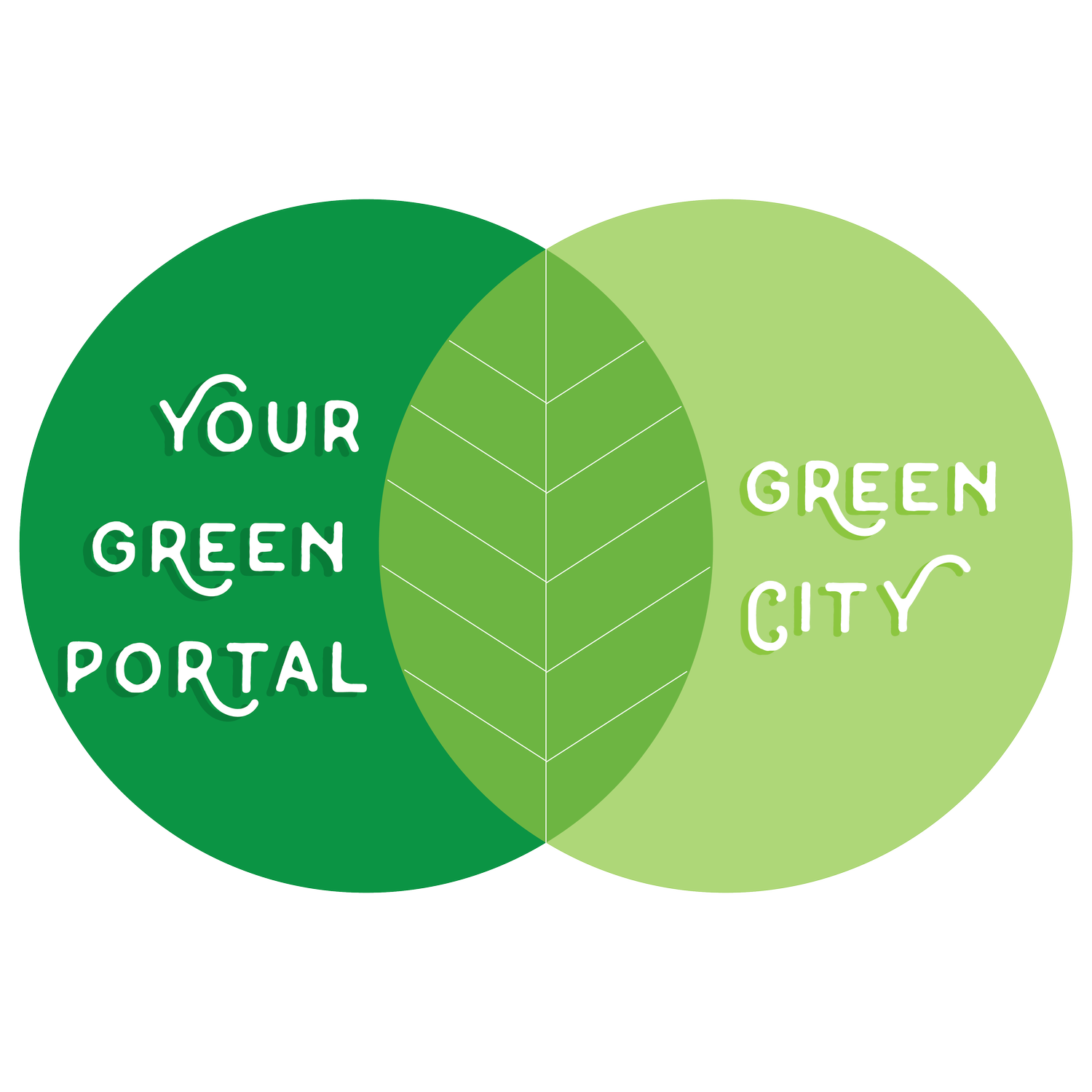Olivia Hicks continues as my co-host for this Earth Month series focused on the climate crisis. We’ve had some good discussions with our guests so far and although we are giving you the sobering facts of where we are at this moment, we are also attempting to leave you with hope and encourage you to act by making changes within your own life. We truly need everyone on board in pursuing real solutions on all levels.
Our guest today is Kamyar Enshayan, Director at the Center for Energy and Environmental Education at the University of Northern Iowa. A professor of environmental studies at UNI since 1993, Kamyar works to turn science into action in energy conservation, renewable energy, and sustainable agriculture.
The mission at Center for Energy and Environmental Education, a.k.a. CEEE, is to serve the people and communities of Iowa by translating what we know of science and putting it into action. Through their energy, food, and environmental health programs they “empower Iowans with the knowledge, experiences, tools, and inspiration needed to create a sustainable and desirable future for our communities.”
Learn more by visiting their website.
This was a very inspirational discussion and it caused me to reflect on the past year of isolation due to the pandemic. I realized that I didn’t miss the big things (travel, large social events, dining out) as much as I missed the simpler, more meaningful things like hugs, face to face conversations, playing games around the dining room table with family and friends. As we emerge from the pandemic lock-down, perhaps we can consider how we can consume less in our own lives. What really makes us feel fulfilled?
Key Takeaways from our discussion:
- Climate change is a consequence of our overconsumption; a pattern of life that cannot be sustained.
- Tackling climate change will require a mindset shift.
- We need to be where we are and utilize approaches that make sense to us as we focus on issues within our own communities and regions.
- Do we have ‘agency’ to create change here – where we are?
- We have to overcome our sense of powerlessness and participate in the changes needed.
- Start with what we share and develop consensus on what we want to do to build a better, more sustainable future for all.
- Shifting our mindset opens the way for interdisciplinary and intersectional collaboration that will lead to change on multiple levels simultaneously.
- Hope lies in recognizing that many before us have taken on massive & seemingly impossible challenges and were able to make the necessary changes happen.
Our book recommendations this week are:
- Kamyar - Our Only World: Ten Essays, by Wendell Berry
- Staying Put: Making a Home in a Restless World, by Scott Russell Sanders
- Our Land, Ourselves: Readings on People and Place, by Peter Forbes
- Lost Mountain, by Erik Reece, John J. Cox (Photographer)
- Olivia - Global Problems and the Culture of Capitalism, by Richard H. Robbins
- Lynnae - The Story of Stuff, by Annie Leonard
“Environment is no one’s property to destroy;
It’s everyone’s responsibility to protect.”
~Mohith Agadi
“Earth provides enough to satisfy every man’s needs,
But not every man’s greed.”
~ Mahatma Gandhi
Thank you for listening to today’s discussion. Let’s continue the conversation and learn from each other.


